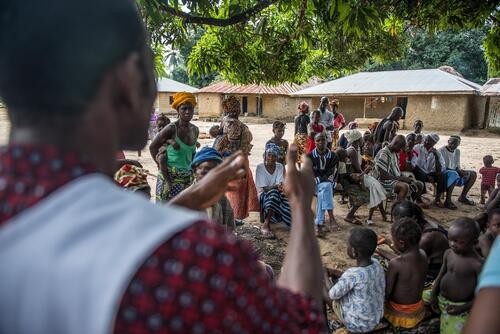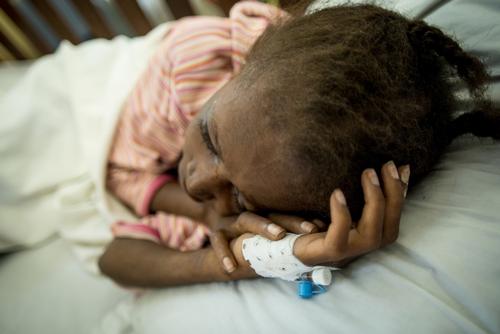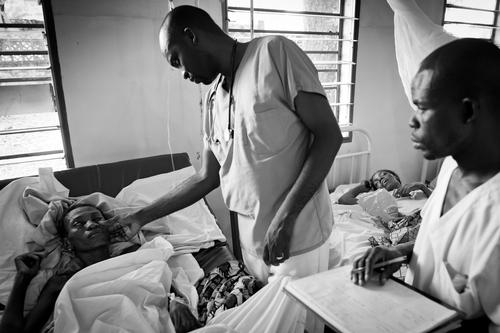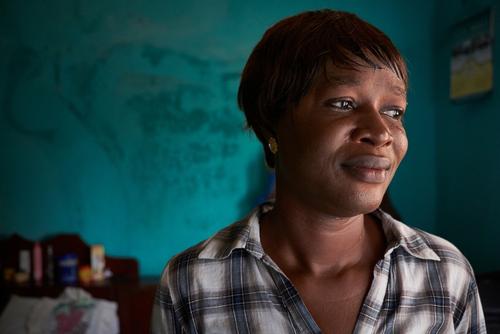Read this article in full in the journal Social Science & Medicine.
MSF's Research Unit on Humanitarian Stakes and Practices (UREPH) is pleased to announce the publication of the article "Reaching out to Ebola victims: Coercion, persuasion or an appeal for self-sacrifice?" by Philippe Calain and Marc Poncin, published in Social Science & Medicine (Vol. 147, pp. 126-133)
The 2014–2015 Ebola crisis in West Africa has highlighted the practical limits of upholding human rights and common ethical principles when applying emergency public-health measures. The role of medical teams in the implementation of quarantine and isolation has been equivocal, particularly when such measures are opposed by communities who are coerced by the temporary suspension of civil liberties. In their encounters with Ebola victims, outreach teams face moral dilemmas, where the boundaries are unclear between coercion, persuasion and appeals for self-sacrifice. For those teams, we propose a set of practical recommendations aimed at respecting the autonomy of epidemic victims and easing tensions within communities. We recognize that some of these recommendations are progressively achievable, depending on the specific stage or setting of an outbreak. Yet with the increasing availability of experimental treatments and research interventions, weighing patients' autonomy against the common good will become an even more pressing ethical obligation.






